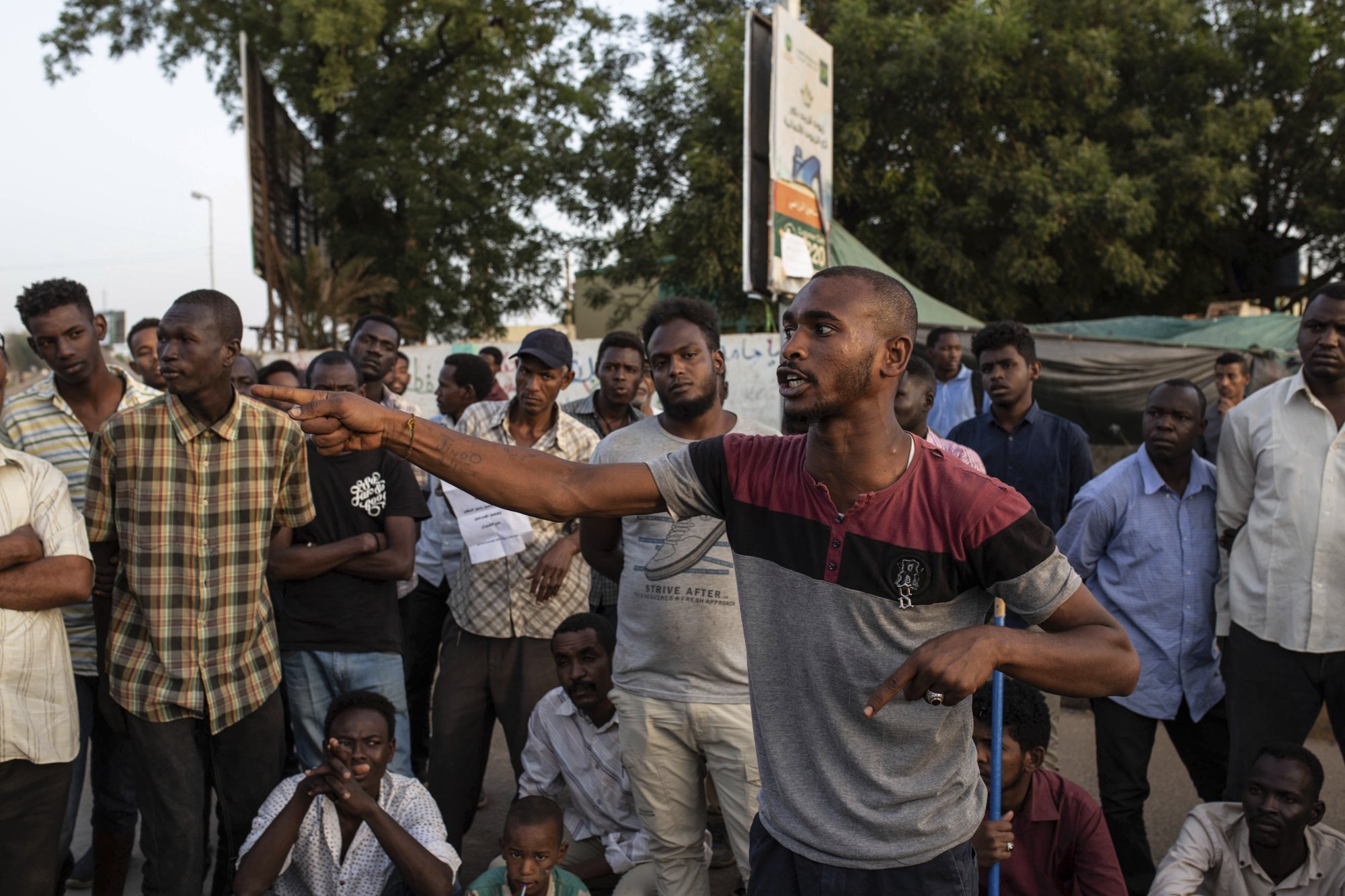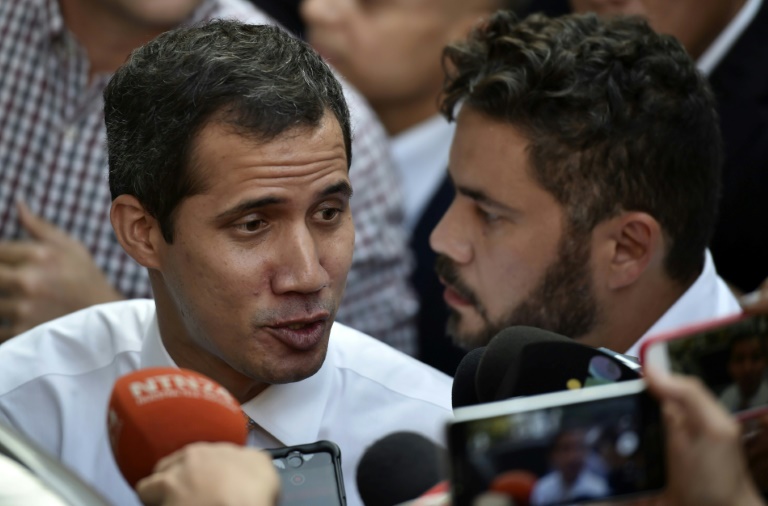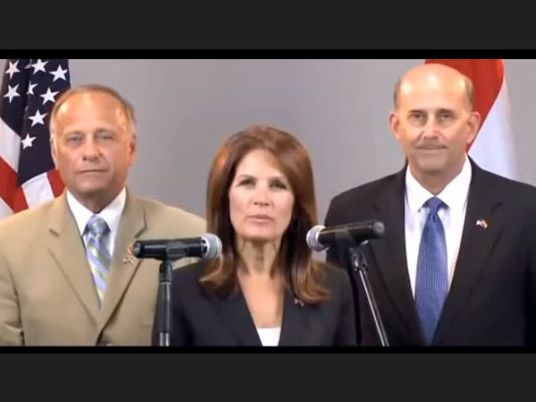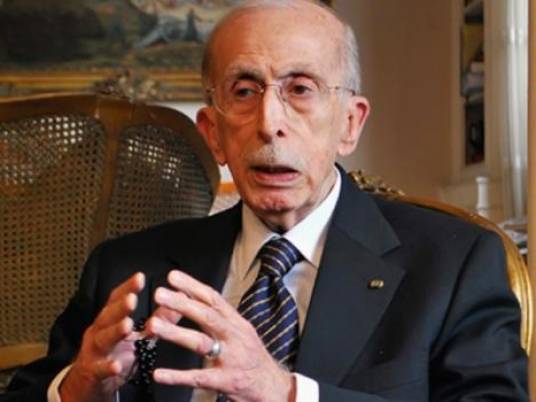Politicians and opposition leaders are divided on their assessment of Prime Minister Essam Sharaf’s government 100 days after it was formed in March.
Sine said that while it was supposed to be the product of the revolution, the interim government did not come up with strategic policies or radical decisions, instead delegating many pivotal issues to the military council.
Economists criticized it for concentrating on the political aspects of its decisions, ignoring practical solutions for the economy.
“The government was too lenient with criminals and outlaws,” said Wafd Party Honorary President Mostafa al-Tawil. “Also, Sharaf and his deputy often express their own personal views although they are in a position to make decisions and even issue laws.”
Mohamed Abul Ela, leading figure of the Nasserist Party, said the government lacks a strategic vision.
“It must stop acting like a facade for the military council,” he said.
Abdel Ghaffar Shokr, co-founder of the Popular Coalition Party, gave the government credit for its accomplishments as it was formed amid a lack of security, sectarian violence and deteriorating economic conditions.
“It managed to gradually restore order and slightly improve the economy,” he said. “And as it is a caretaker government, it cannot but come up with temporary solutions for the time being.”
Khaled Talima, a member of the 25 January revolution youth coalition, blamed the government for not improving services.
“Prices are rising and so is the crime rate,” he said. “And the new state budget is no different than the one before it.”
Talima also said the government should stop talking about the free market economy.
“This term was the main reason why the people took to the streets,” he said.
“The deteriorating economy was the product of the previous regime,” said economics expert Ahmed al-Naggar. “We should not blame the revolution for it.”
Translated from the Arabic Edition




